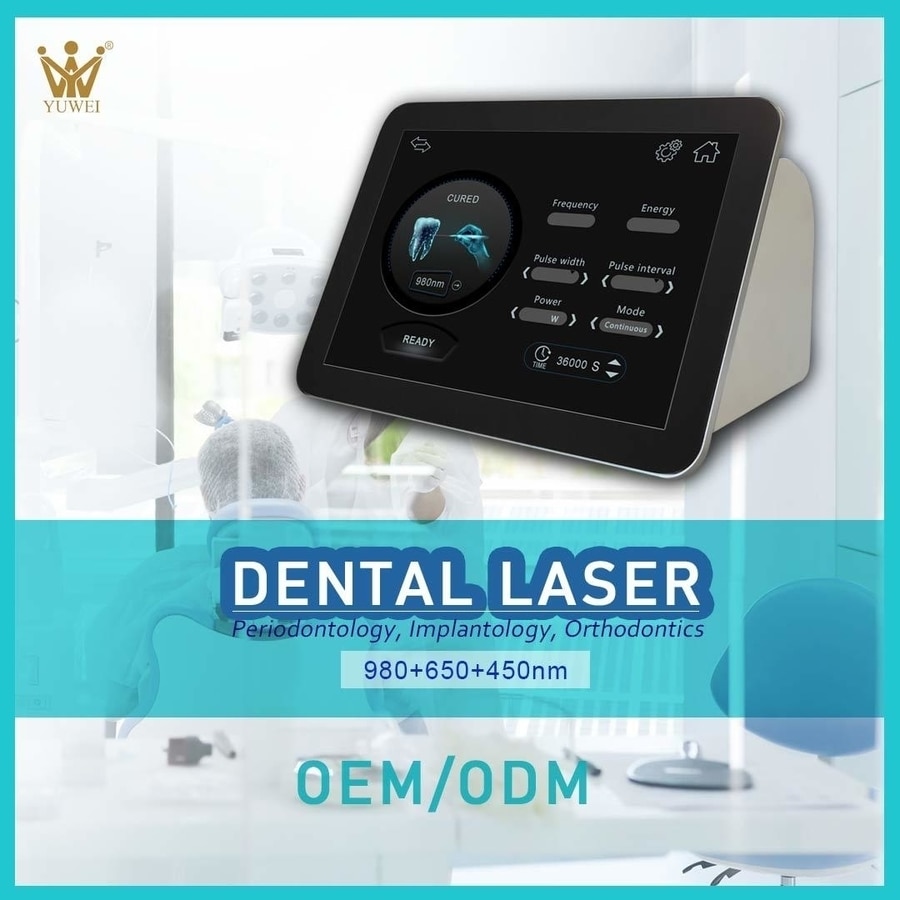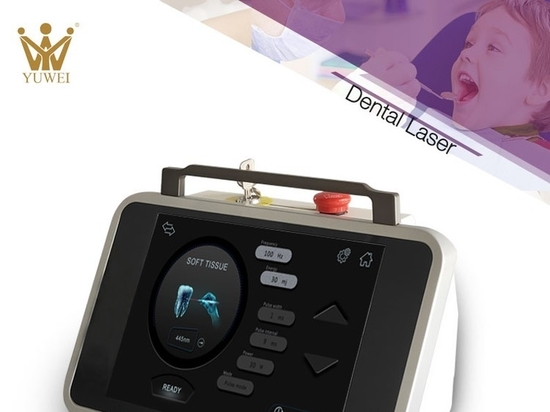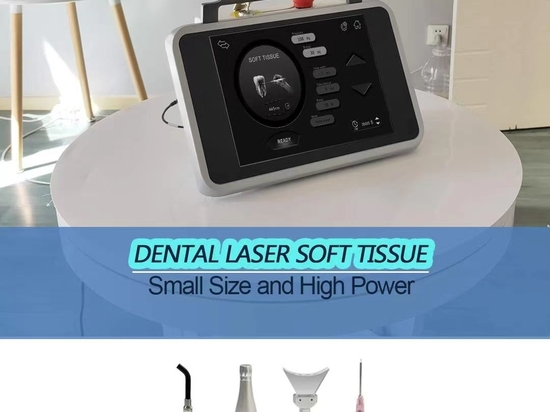
#Industry News
Best Practices for Maintenance and Management of Dental Instruments
This article explores the importance of maintaining and managing dental instruments, sharing best practices such as daily cleaning, regular maintenance, and efficient storage to ensure high-quality service in dental clinics.
Dental instruments are essential assets in the daily operation of dental clinics. Their performance and lifespan are crucial to the quality of patient care and the efficiency of clinic operations. Therefore, scientific maintenance and management are vital. Below are the best practices for maintaining and managing dental instruments, aimed at helping dental practitioners extend instrument lifespan, ensure treatment quality, and improve operational efficiency.
1. Daily Cleaning and Disinfection
Dental instruments directly contact the patient’s oral cavity during use, making them prone to contamination by saliva, blood, and other substances. Daily cleaning and disinfection are the primary tasks in maintaining instruments. Key steps include:
Immediate Cleaning: Instruments should be cleaned promptly after use to prevent organic matter from drying and affecting subsequent cleaning.
Choosing the Right Cleaner: Use dedicated cleaning agents instead of strong acids or bases to avoid corrosion.
High-Temperature Sterilization: Use high-temperature sterilizers, such as autoclaves, for heat-resistant instruments to eliminate all potential pathogens.
2. Regular Maintenance and Inspection
Periodic maintenance can extend the lifespan of instruments and reduce failure rates:
Routine Lubrication: For mechanical instruments such as high-speed turbines or low-speed handpieces, lubrication is key to maintaining performance.
Checking for Wear: Regularly inspect components such as blades and drills for wear or dullness and replace necessary parts promptly.
Professional Maintenance: Complex instruments require annual inspections and adjustments by professionals to ensure proper operation.
3. Scientific Storage
Storage conditions directly affect instrument lifespan. Suggestions include:
Categorized Storage: Store instruments by use to avoid cross-contamination.
Environmental Control: Keep storage areas dry to prevent rust.
Using Storage Boxes: Employ specialized storage boxes to protect instruments during transport or storage.
4. Establishing a Comprehensive Management System
Record Management: Maintain detailed records of instrument use and maintenance for tracking purposes.
Staff Training: Train staff regularly to ensure everyone follows correct usage and maintenance procedures.
Inventory Management: Regularly check inventory and replenish consumables promptly to avoid disruptions.
Conclusion
The maintenance and management of dental instruments are integral to the daily operations of clinics and critical to enhancing patient experience and clinic reputation. By adhering to these best practices, dental practitioners can ensure stable instrument performance, reduce operational costs, and provide safer and more effective treatments.





